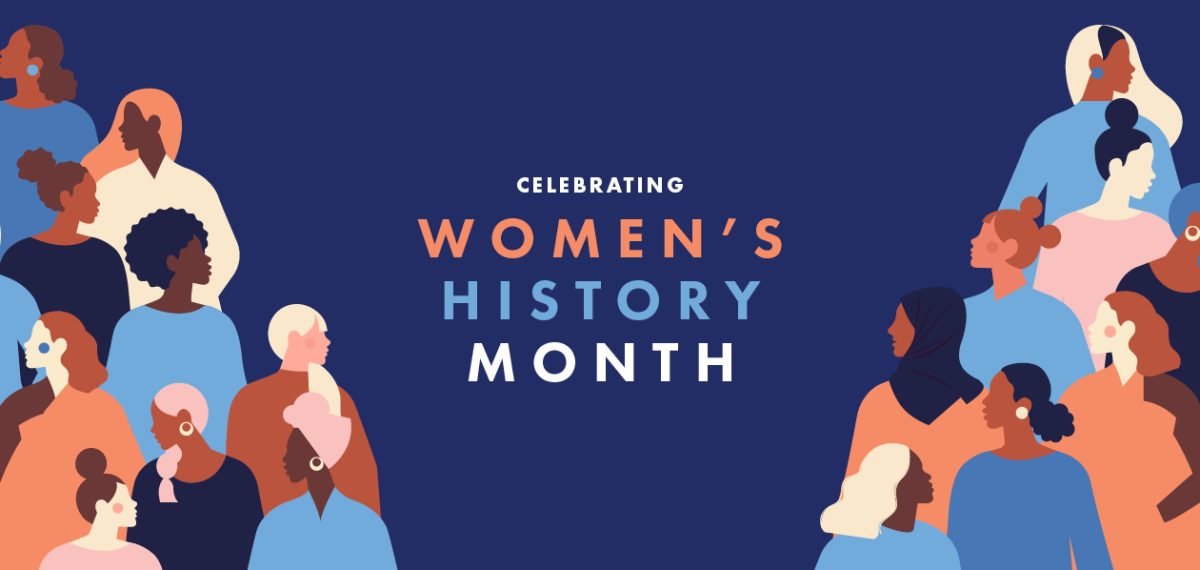
When is Black History Month Celebrated & Why
Black History Month, celebrated annually in February, serves as a poignant reminder of the invaluable contributions, resilience, and achievements of Black Americans throughout history. It is a time to honor the legacies of trailblazers, activists, artists, scholars, and everyday heroes who have shaped and enriched the fabric of society.
From the struggles against slavery and segregation to the ongoing fight for racial equality and justice, Black History Month highlights the triumphs and challenges of the black experience.
It provides an opportunity for education, reflection, and celebration, fostering a deeper understanding and appreciation of the diverse cultural heritage and indomitable spirit within the black community. Moreover, it encourages ongoing dialogue and action towards creating a more equitable and inclusive future for all.
Notable Figures
MLK Jr.
Dr. Martin Luther King Jr. was a towering figure in the American Civil Rights Movement of the 1950s and 1960s, renowned for his unwavering commitment to nonviolent resistance in the pursuit of racial equality.
Born on January 15, 1929, in Atlanta, Georgia, King emerged as a prominent leader, captivating audiences with his stirring oratory and impassioned pleas for justice.
He spearheaded pivotal events such as the Montgomery Bus Boycott and played a central role in the organization of the historic March on Washington in 1963, where he delivered his iconic “I Have a Dream” speech. King’s dedication to civil rights and his vision of a society free from racial discrimination continue to inspire generations worldwide.
Tragically, he was assassinated on April 4, 1968, but his legacy endures as a beacon of hope and a reminder of the enduring power of activism and moral courage.
Kamala Harris
Kamala Harris made history as the first female, first Black, and first Asian American Vice President of the United States. Born on October 20, 1964, in Oakland, California, Harris began her career as a prosecutor before rising through the ranks to become Attorney General of California and later a U.S. Senator from California.
Throughout her career, she has been a staunch advocate for criminal justice reform, women’s rights, and immigration reform. Harris’s historic election to the vice presidency under President Joe Biden marked a significant milestone in American politics, symbolizing progress toward a more inclusive and diverse government.
As Vice President, she continues to champion social justice and equality issues, carrying forward her legacy of breaking barriers and empowering marginalized communities.
Lebron James
Professional NBA All-Time Scorer Lebron James has had a significant influence on the black community in several ways.
As one of the most accomplished and celebrated basketball players of all time, LeBron James Serves as a role model and inspiration for young black athletes, demonstrating the power of hard work, talent, and perseverance in achieving success and overcoming obstacles.
LeBron has been vocal about social justice issues affecting the black community, using his platform to speak out against racial inequality, police brutality, and systemic injustice. He has supported initiatives aimed at empowering black youth and promoting education and opportunity in underserved communities.
LeBron has leveraged his success and wealth to invest in initiatives and projects aimed at uplifting the black community. Through his LeBron James Family Foundation, he has established programs like the “I PROMISE School” in Akron, Ohio, providing educational support and resources to at-risk youth.
LeBron’s influence extends beyond the basketball court, as he is a prominent figure in popular culture. His achievements and persona resonate with many in the black community, contributing to a sense of pride and representation in mainstream media and entertainment.
Ways to Show Appreciation
Black History Month celebrations typically involve a variety of events and activities aimed at recognizing and honoring the contributions and achievements of Black Americans throughout history.
These celebrations may include educational programs, cultural events, art exhibitions, film screenings, panel discussions, community service projects, and more. They often highlight the accomplishments of notable figures in black history, as well as address important social issues and promote understanding and appreciation of black culture and heritage.
Five Important Pillars of Black History
Black History Month is important for several reasons:
- Recognition and Celebration: It provides a dedicated time to recognize and celebrate the achievements, contributions, and experiences of African Americans, who have often been marginalized or overlooked in mainstream historical narratives.
- Education and Awareness: Black History Month helps raise awareness about the struggles, triumphs, and cultural heritage of black people, fostering a deeper understanding of their history and the ongoing fight for equality and justice.
- Empowerment: It empowers individuals, particularly those within the black community, by highlighting the accomplishments of black leaders, activists, artists, scientists, and innovators, serving as sources of inspiration and pride.
- Promotion of Diversity and Inclusion: By highlighting the diverse contributions of African Americans, Black History Month promotes diversity and inclusion, encouraging people from all backgrounds to appreciate and celebrate cultural differences.
- Addressing Inequities: It provides an opportunity to address systemic injustices and inequalities faced by black communities, promoting dialogue and action towards social change and equality.
Overall, Black History Month serves as a reminder of the importance of acknowledging and honoring the diverse perspectives and contributions of all people to the fabric of society.











